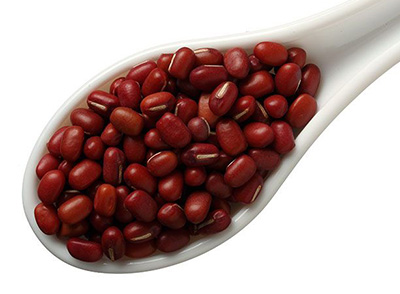- Details
WWF’s Earth Hour is a powerful symbol.
While some organisations ask their supporters to wear a ribbon or flowers, we encourage people and landmarks to switch their lights off to celebrate our beautiful planet. As the world’s leading independent conservation organisation, we want people to use this moment to show how much they care for our planet’s wildlife, rivers and oceans.
- Details
Healthier eating doesn’t mean having to buy trendy, expensive foods that you don’t know how to prepare. Beans and other legumes are culturally familiar foods to most of us and are nutritional gems – lowering our risk of heart attacks, diabetes, and some cancers.
- Details
What does one bag of beans mean in the global effort to end hunger? It turns out, a lot. 2016 is the International Year of Pulses. It is also the first full year in which we are officially working toward the Sustainable Development Goals, which set an ambitious but attainable target to end hunger by 2030.
- Details
March 3 is International School Meals Day.
To celebrate, we wanted to share our school lessons toolkit which is designed to help teachers engage children in beans, peas, chickpeas and lentils and encourage them to learn about their nutritional and cultural values.
- Details
India is the world’s largest producer, importer, and consumer of pulses, but the country is facing a crisis situation with pulses’ availability. The retail prices of pulses have soared to an all-time high in India over the past year, causing panic among the policy-makers, traders, and retailers.
- Details
A team of students from the Institute of Hotel Management in Bangalore have won an Indian-wide food competition for developing innovative dishes using pulses. Alok Prasad, Aseem Kumar, Harsh Bansal, and Saurabh Agarwal used adzuki beans, red split lentils, black gram and other ingredients to create “Adzuki Coins” a wonderful new snack.




